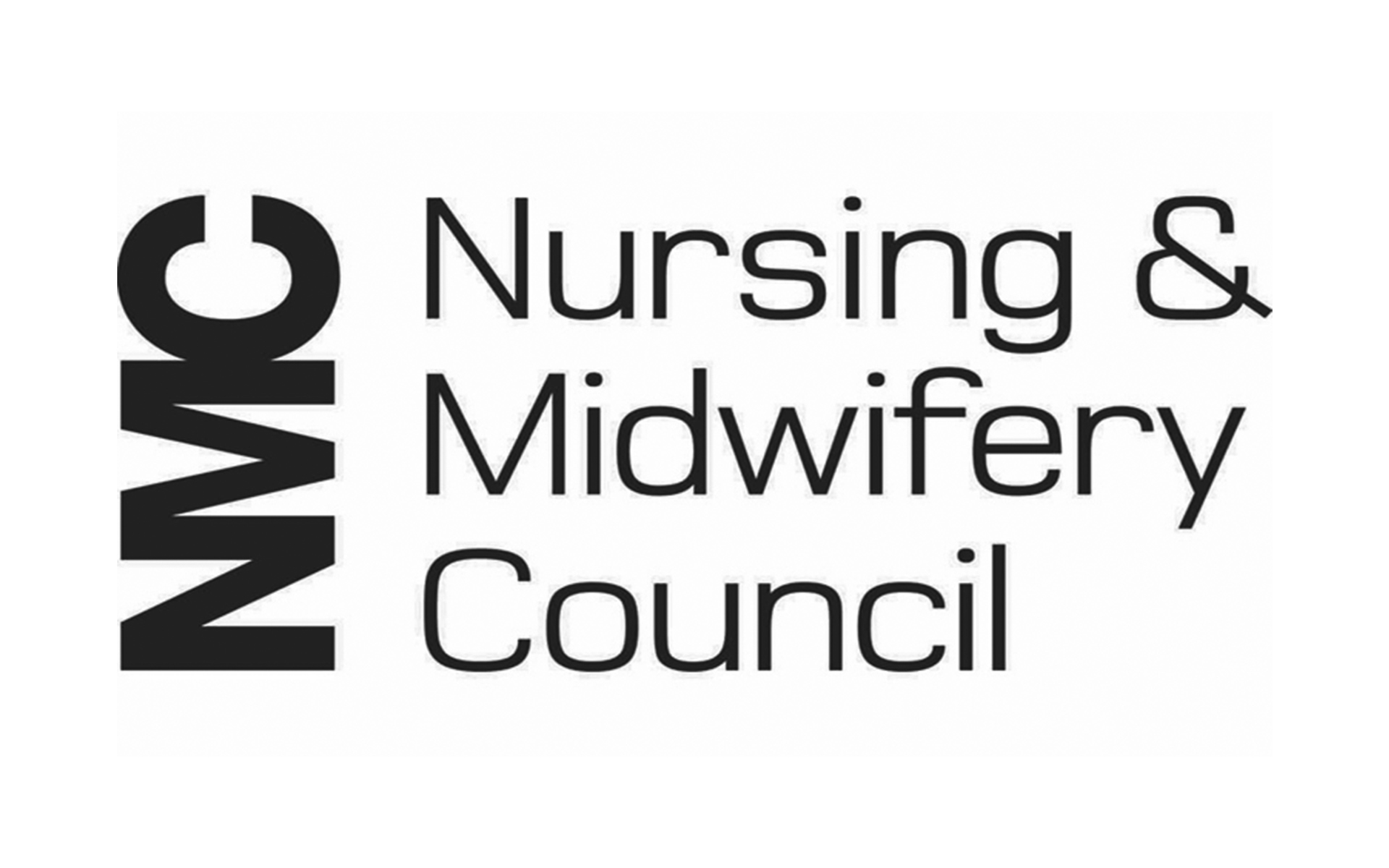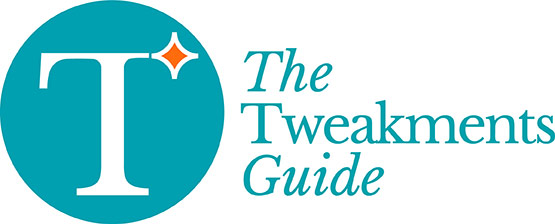18th October Is World Menopause Day, there has recently been a rise in the attention around menopause & the effects of this, on women’s day to day life.
What is perimenopause ?
The perimenopause may well start in the early to mid-forties but is often not always recognised. Perimenopausal symptoms are wide ranging and impact women in many ways, which should not be underestimated. Women may still be having regular periods despite fluctuating hormone levels, which can make it harder to recognise as a cause of the symptoms. Symptoms such as anxiety, mood fluctuations, joint pains, fatigue, and palpitations may often present.
What is Menopause ?
Menopause is a natural biological process that marks the end of a woman’s reproductive years. It typically occurs in the late 40s to early 50s, although the age at which menopause starts can vary from person to person. It can be said that it is typically diagnosed after a woman has gone 12 consecutive months without a menstrual period. However, symptoms are just as important to help with a diagnosis and may start many years before this. knowing the symptoms to look out for can be useful for many women.
What are the symptoms of the menopause ?
Irregular Periods: Before reaching menopause, women often experience irregular menstrual cycles, which may involve lighter or heavier bleeding and varying cycle lengths.
Hot Flushes: Hot flushes are sudden and intense feelings of warmth or heat, often accompanied by sweating, flushing, and a rapid heartbeat. They can occur at any time and can range from mild to severe.
Night Sweats: Night sweats are hot flushes that occur during sleep and can lead to waking up drenched in sweat, which can disrupt sleep.
Vaginal Dryness: A decrease in oestrogen levels can lead to vaginal dryness, itching, and discomfort during sexual intercourse. This condition is known as vaginal atrophy.
Mood Swings: Hormonal changes can affect mood, leading to mood swings, irritability, anxiety, and even depression in some women.
Sleep Disturbances: Menopause can disrupt sleep patterns, leading to insomnia or difficulty staying asleep. This may be due to hot flushes, night sweats, or other factors.
Fatigue: Many women experience increased fatigue during menopause, which can be related to hormonal changes and sleep disturbances.
Weight Gain: Some women may notice weight gain, particularly around the abdomen, during menopause. This can be influenced by hormonal changes, a slowing metabolism, and lifestyle factors.
Changes in Skin and Hair: Skin may become drier, and hair may become thinner and more brittle during menopause, due to the depleting levels of hormones.
Joint Pain: Joint pain or stiffness can be a symptom of menopause, possibly due to hormonal changes affecting connective tissues.
Changes in Libido: Some women experience a decrease in sexual desire (libido) during menopause, along with changes in sexual function and satisfaction.
Memory and Concentration Issues: Cognitive changes, such as memory problems and difficulty concentrating, can occur during menopause, sometimes referred to as “menopausal brain fog.”
Urinary Symptoms: Menopause can lead to urinary symptoms like increased frequency, urgency, and incontinence due to changes in the urinary tract.
Bone Health: A decrease in oestrogen can lead to decreased bone density, increasing the risk of osteoporosis and fractures.
It’s important to note that not all women will experience every symptom, and the severity and duration of these symptoms can vary. The duration of menopausal symptoms also varies, with some women experiencing them for a few years, while others may have symptoms for a longer period. If you are experiencing bothersome menopausal symptoms, it’s advisable to consult with a healthcare provider.
Menopause & the skin
Menopause can bring about several hormonal changes in a woman’s body, and these changes can have a significant impact on the skin. The hormonal fluctuations, particularly the decrease in oestrogen, can lead to various skin-related effects and issues, including:
Dry Skin: A drop in oestrogen levels can reduce the skin’s ability to retain moisture, leading to dry and dehydrated skin. This can make the skin appear dull and increase the likelihood of fine lines and wrinkles.
Wrinkles and Fine Lines: Decreased oestrogen can lead to a loss of collagen and elastin in the skin, making it less elastic. This can result in the formation of wrinkles and fine lines, particularly around the eyes, mouth, and neck.
Thinning Skin: Oestrogen plays a role in maintaining the thickness of the skin. During menopause, the skin can become thinner, making it more susceptible to damage and bruising.
Sagging Skin: Collagen and elastin are essential for maintaining skin firmness and elasticity. As these proteins decrease, the skin can begin to sag, particularly in the face and neck area.
Increased Sensitivity: Some women may experience increased skin sensitivity during menopause, with a greater likelihood of redness, irritation, or even the development of conditions like rosacea.
Acne: While some women experience a decrease in acne during menopause, others may notice the onset or worsening of adult acne. Hormonal fluctuations can trigger oil gland activity and lead to breakouts.
Age Spots and Uneven Pigmentation: Changes in hormone levels can contribute to the development of age spots (also called liver spots) and uneven skin pigmentation. These dark spots can appear on the face, hands, and other areas exposed to the sun.
Hair Growth: Some women may notice an increase in facial hair during menopause due to hormonal imbalances, particularly elevated levels of androgens (male hormones).
What can you do to help your skin?
Skincare Routine: A good skincare regimen that includes gentle cleansing, moisturizing, and the use of sunscreen is essential. Hydrating and nourishing skincare products can help combat dryness and maintain skin health.
Topical Treatments: Some women may benefit from topical products containing retinoids or antioxidants to address fine lines and skin texture.
Hormone Replacement Therapy (HRT): For some women, hormone replacement therapy may be an option to mitigate some of the skin changes associated with menopause. However, it’s essential to consult with a healthcare provider to assess the risks and benefits.
Lifestyle Changes: A healthy lifestyle, including a balanced diet, regular exercise, and avoiding smoking and excessive alcohol, can support overall skin health during menopause.
Remember that the effects of menopause on the skin can vary from person to person, and not all women will experience the same changes or to the same extent. A consultation with Nurse Nicky is a great start where she can assess your skin & often prescribe medical grade skincare and treatment options to your specific needs right here in the heart of Bromsgrove Worcestershire.
Nicky also has some links with various professionals who specialise in the menopause so can sign post you onwards for further support & management, of other possible symptoms that you may be experiencing.









